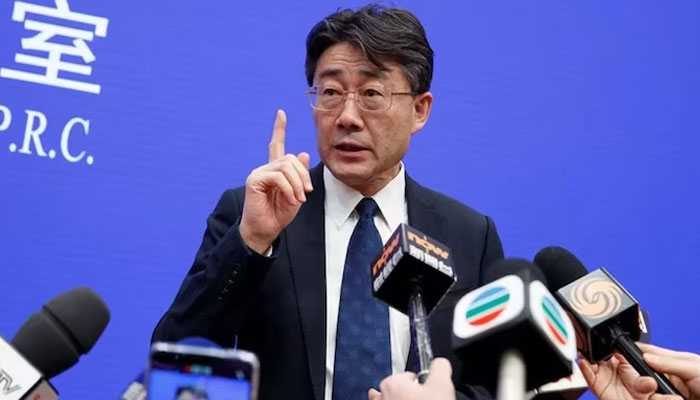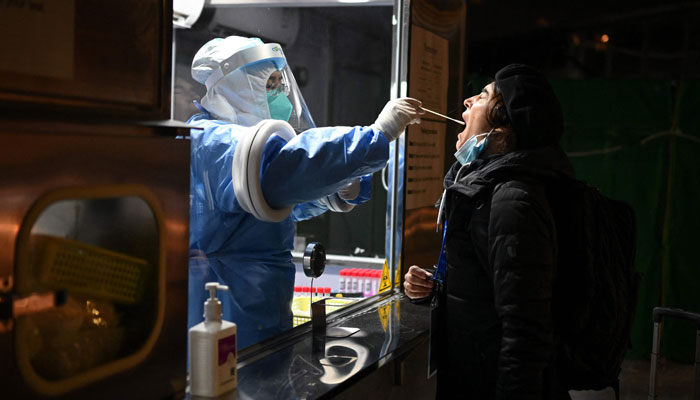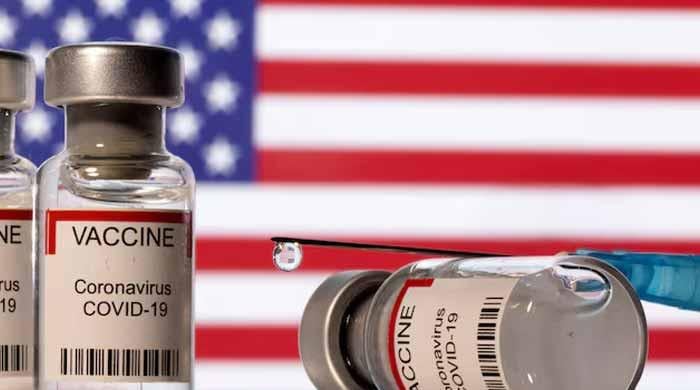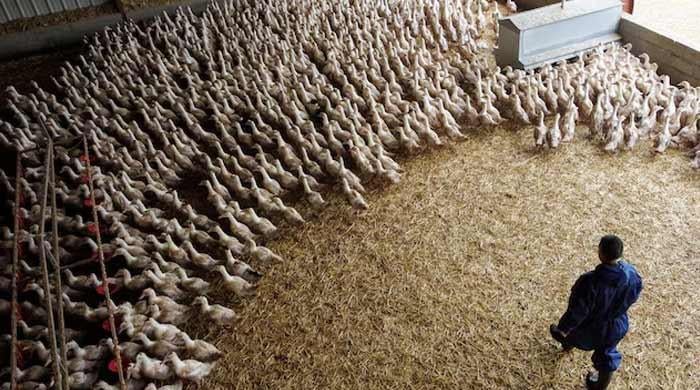Chinese expert advises against ruling out COVID-19 lab-leak theory
Scientist also says there had been a "formal investigation" for a suspected lab leak in one of the country's well-known laboratories
May 30, 2023

A top scientist for the Chinese government says that it is best not to rule out the likelihood of the COVID lab-leak theory.
The former head of China's Centre for Disease Control (CDC), Prof George Gao, disagrees with the Chinese government's denial that the sickness may have started in a Wuhan laboratory, according to the BBC.
As head of China's CDC during the pandemic, Prof Gao played a key role in the pandemic response and efforts to trace its origins.
The world's leading virologist and immunologist said that it is typical to "suspect anything" because it is part of science.
"You can always suspect anything. That's science. Don't rule out anything." Prof Gao said.
According to the report, during a BBC podcast, Prof Gao gave a "possible sign" that the Chinese government "may have taken the lab leak theory more seriously than its official statements suggest".
The current vice president of the National Natural Science Fund of China suggested that the Wuhan Institute of Virology (WIV) has been the subject of some sort of "official investigation."
He claimed that the government had organised something, but the China CDC, his own department, was not a part of it.
He concurred that a "formal search of the WIV" — one of China's top national laboratories known to have devoted years to investigating COVID — was conducted by "another branch of government."
"Yeah," he said, "that lab was double-checked by the experts in the field."

Notwithstanding Prof Gao's claim that he hasn't seen the findings, the report stated that he has "heard" that the lab received a clean bill of health.
This is the first time that an official investigation has been recognised as having occurred.
"I think their conclusion is that they are following all the protocols. They haven't found any wrongdoing," he clarified.
It is believed that the virus that causes COVID originally originated in bats. However, the topic of how it got from bats to us is far more contentious, and there were initially two main options.
One is that the virus naturally passed from bats to people, possibly through other animals, which most scientists agree with.
Meanwhile, other scientists claim that the data is insufficient to completely rule out the main alternative theory, which is that the virus infected someone who was taking part in research intended to better understand the danger of viruses originating from nature.
On the contrary, Prof Gao's comments seem to be severely at odds with China's viewpoint.
The Chinese embassy in the UK said in a statement: "The so-called 'lab leak' is a lie created by anti-China forces. It is politically motivated and has no scientific basis."
In spite of all the chaos linked to this argument, a bizarre, unsupported third notion that the Chinese government has been promoting is its own.
The Chinese government claims that "the virus didn't come from the lab or the market but may have been brought into the country on frozen food packaging."
Prof Gao's remarks could be viewed as the more scientific version of the Chinese government's claim — that it excludes both the lab and the market — because he excludes neither.
Ultimately, both are founded on the notion that there isn't enough evidence.
"We really don't know where the virus came from; the question is still open," Prof Gao said.









